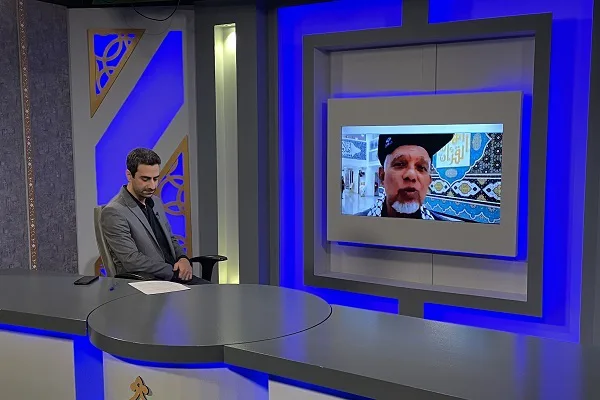The Malaysian Festival event is scheduled to take place from January 20 to 29 in Putrajaya. The Restu Foundation and Nasyrul Quran Complex with the assistance of foreign partners, including the Iranian cultural center in the nation of Southeast Asia, are organizing it.
In an exclusive interview on Monday, Datuk Haji Abdul Latif Mirasa, chairman of the Restu Foundation, said, “After three years of coping with challenges in the globe, we are back.”
He emphasized, “We want to promote Quranic arts as well as Malaysian art, particularly Islamic arts, not just for Malaysians but for the world.

The festival, which aims to enhance public perception of Islam as a tolerant and peaceful religion, offers guests the chance to view special exhibitions, engage with Quran and Islamic arts practitioners, and shop for Islamic goods.
Other goals of the event include introducing the Quran’s preservation and prosperity, exalting Islamic teachings, encouraging the community to love knowledge and scholars, utilizing contemporary technology as a powerful preaching tool, and attempting to restore the Muslim community to its true identity.
Quranic Activist stated:
The well-known Quranic activist stated, “We have lots of activities,” adding that the festival aims to draw “children and families” in particular so they may learn about the work of the Restu Foundation.
According to Mirasa, the occasion will feature stunning reproductions of the Quran, works of Islamic art including Tazhib (illumination), calligraphy, tiles, as well as embellishments utilized in electronic versions of the Holy Quran.
Funfairs and culinary fairs are also part of the 10-day celebration, he continued.
He acknowledged that the Malaysian government had supported them “quite aggressively” but asserted that the Restu Foundation was the only nonprofit group in the entire world to have planned such a gathering.
The head of the Restu Foundation announced that four nations will take part in the event this year. He added that several more nations were interested in visiting Malaysia but ran into difficulties, including a lack of the necessary cash. He anticipated that future events will draw participants from additional nations.
About Working With Iran:
He praised the Iranian embassy and people for their collaborative efforts, referring to Iran as the “greatest country” in terms of participation in the festival.
After organizing this event in Malaysia, inshallah, Marisa said, “we might visit Iran to offer our ideas for the exhibition of Islamic arts.”
He added that because Iran is a “very rich country in the Islamic heritage,” there are “many areas” of cooperation between Malaysia and Iran with a focus on the Holy Quran. He also stated that “in fact, we are learning a lot from the Iranian public.”
He also mentioned a group of Iranians, including artists, reciters, and Quran campaigners, who will travel to Malaysia for the occasion.
He mentioned that the event will feature some Iranian artworks and noted that certain Iranian arts, such as tile works, and Muqarnas, are “extremely powerful traditions of Iranian culture.”
Marisa continued, “I’m delighted to tell you that some of these Iranian visitors will give a sort of public lecture to inform the audience about Islamic arts.
He also recognized the Iranian Cultural Center’s efforts in Malaysia to support this festival.
